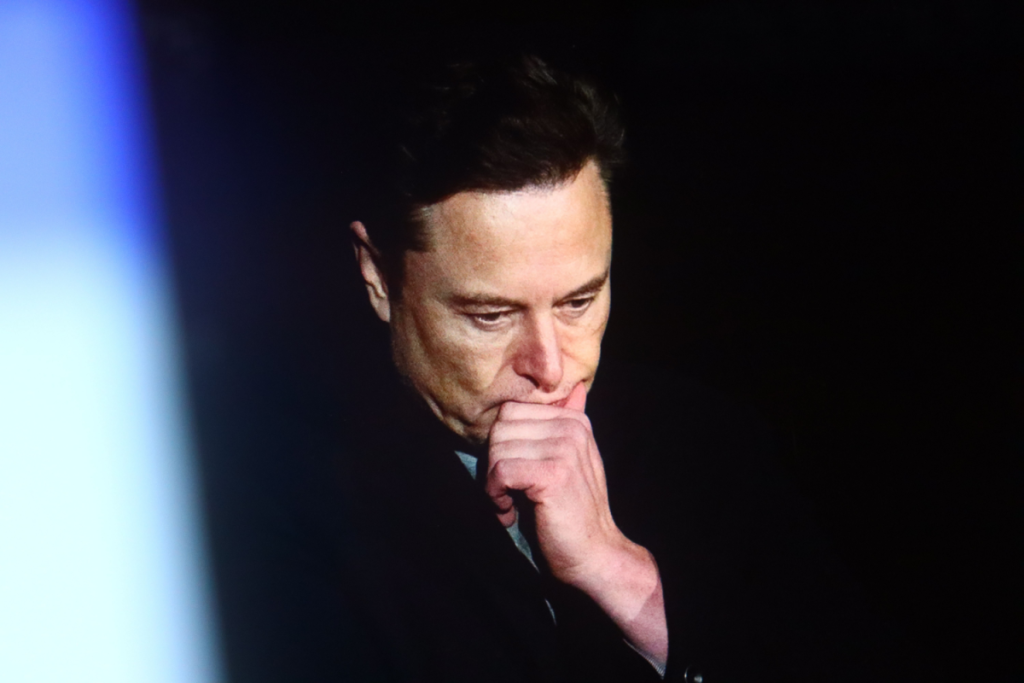Elon Musk’s artificial intelligence startup xAI filed a lawsuit against Apple and OpenAI in U.S. federal court in Texas, accusing the two companies of conspiring to suppress competition in the fast-growing AI sector. The complaint alleges that exclusive partnerships and restrictive practices have prevented xAI’s products, including the X and Grok apps, from competing fairly in the Apple App Store.
Allegations of Market Suppression
According to the lawsuit, Apple and OpenAI “locked up markets to maintain their monopolies and prevent innovators like X and xAI from competing.” xAI claims that Apple’s exclusive deal with OpenAI directly led to the suppression of its apps, arguing that without the partnership, Apple would have had no reason to restrict visibility for competitors. Neither Apple nor OpenAI has commented on the lawsuit.
Background on Partnerships and Rivalries
Apple’s partnership with OpenAI has integrated ChatGPT into iPhones, iPads, and Macs, further strengthening OpenAI’s market position. Musk, who launched xAI less than two years ago, has sought to challenge both OpenAI and other rivals like Chinese startup DeepSeek. In March, Musk’s xAI acquired the social platform X for $33 billion to boost chatbot training, and he has since integrated the Grok chatbot into Tesla vehicles. Earlier this month, Musk publicly threatened legal action, accusing Apple of creating barriers that prevent any AI company besides OpenAI from dominating the App Store rankings.
Other Legal Disputes
Musk is also suing OpenAI and CEO Sam Altman in California, seeking to block the organization’s transition from a nonprofit to a for-profit business. Musk co-founded OpenAI with Altman in 2015 as a nonprofit research group. Beyond AI, Apple’s App Store has faced significant legal scrutiny, including a high-profile case with “Fortnite” developer Epic Games, where a judge ordered Apple to allow more competition in app payment systems.
The lawsuit marks another escalation in Musk’s battle with Apple and OpenAI over the future of artificial intelligence and app marketplace competition. The case could have broader implications for how exclusive partnerships and platform practices shape innovation in the AI industry, particularly as regulators and courts continue to scrutinize Apple’s market power.


